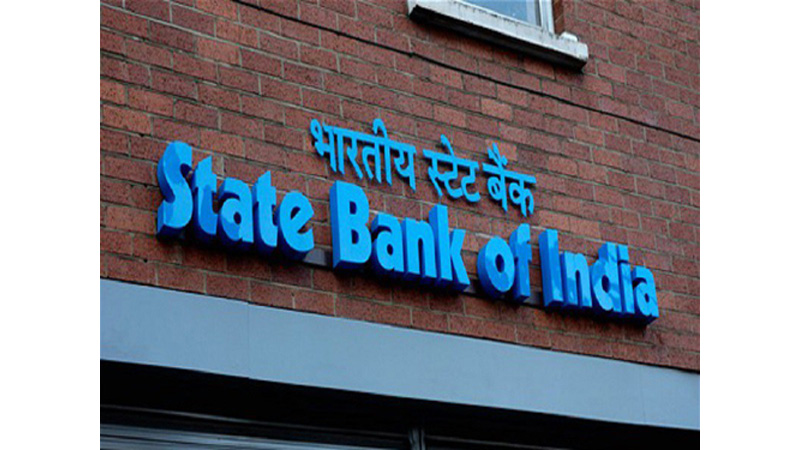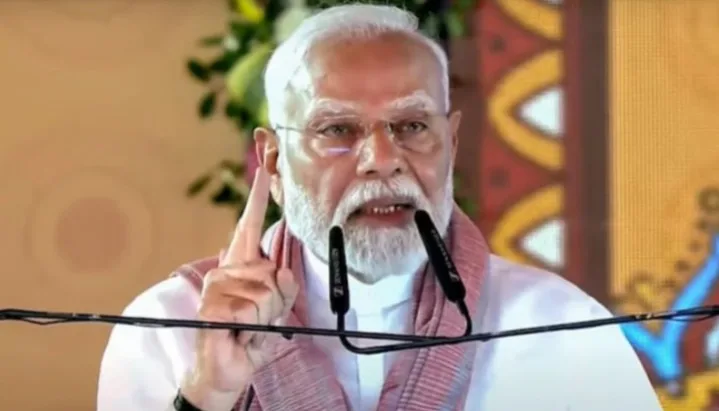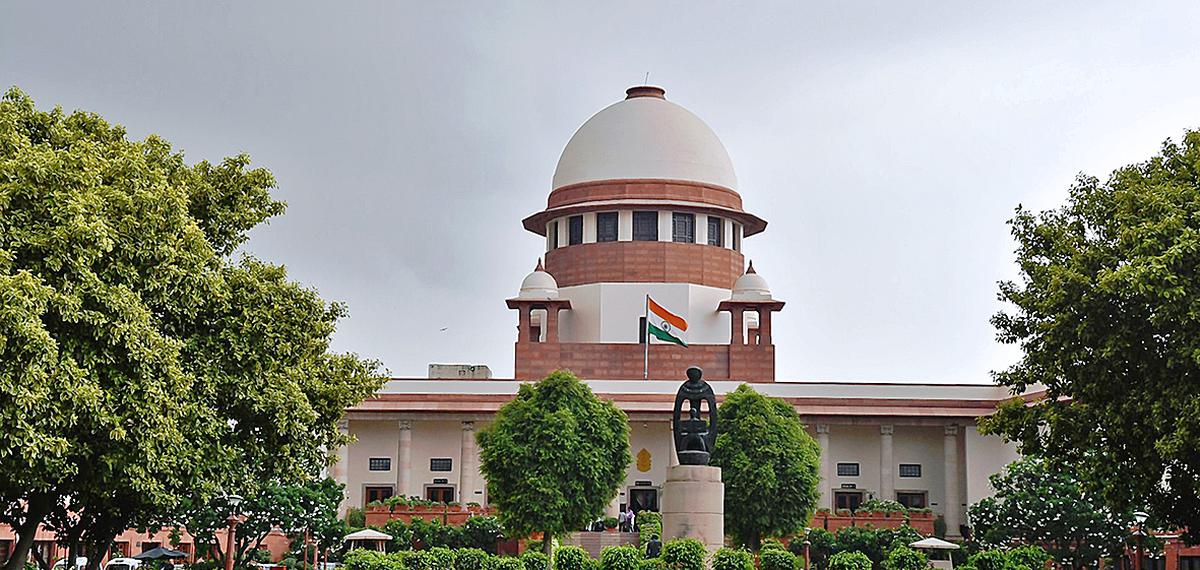New Delhi: The finance ministry is looking at other avenues for affordable capital infusion, including setting up of a Bank Investment Company (BIC), as the RBI has raised concern over the issuance of zero coupon bonds for recapitalisation of public sector banks (PSBs), sources said.
Setting up BIC as a holding company or a core investment company was suggested by the P J Nayak Committee in its report on ‘Governance of Boards of Banks in India’.
The report recommended transferring shares of the government in the banks to the BIC which would become the parent holding company of all these banks, as a result of this, all the PSBs would become ‘limited’ banks. BIC will be autonomous and it will have the power to appoint the board of directors and make other policy decisions about subsidiaries.
The idea of BIC, which will serve as a super holding company, was also discussed at the first Gyan Sangam bankers’ retreat organised in 2014, the sources said. They added that it was proposed that the holding company would look into the capital needs of banks and arrange funds for them without government support.
It would also look at alternative ways of raising capital such as the sale of non-voting shares in a bid to garner affordable capital.
With this in place, the dependence of PSBs on government support would also come down and ease fiscal pressure.
To save interest burden and ease the fiscal pressure, the government decided to issue zero coupon bonds for meeting the capital needs of the banks.
The first test case of the new mechanism was a capital infusion of Rs 5,500 crore into Punjab & Sind Bank by issuing zero-coupon bonds of six different maturities last year. These special securities with tenure of 10-15 years are non-interest bearing and valued at par.
However, the Reserve Bank of India (RBI) expressed concerns over zero-coupon bonds for the recapitalisation of PSBs.
The RBI has raised some issues with regard to calculation of an effective capital infusion made in any bank through this instrument issued at par, the sources said.
Since such bonds usually are non-interest bearing but issued at a deep discount to the face value, it is difficult to ascertain net present value, they added.
As these special bonds are non-interest bearing and issued at par to a bank, it would be an investment, which would not earn any return but rather depreciate with each passing year.
Parliament had in September 2020 approved Rs 20,000 crore to be made available for the recapitalisation of PSBs. Of this, Rs 5,500 crore was issued to Punjab & Sind Bank and the Finance Ministry will take a call on the remaining Rs 14,500 crore during this quarter.
With mounting capital requirement owing to rising NPAs, the government resorted to recapitalisation bonds with a coupon rate for capital infusion into PSBs during 2017-18 and interest payment to banks for holding such bonds started from the next financial year.
This mechanism helped the government from making capital infusion from its own resources rather utilised banks’ money for the financial assistance.
However, the mechanism had a cost of interest payment towards the recapitalisation bonds for PSBs. During 2018-19, the government paid Rs 5,800.55 crore as interest on such bonds issued to public sector banks for pumping in the capital so that they could meet the regulatory norms under the Basel-III guidelines.
In the subsequent year, according to the official document, the interest payment by the government surged three times to Rs 16,285.99 crore to PSBs as they have been holding these papers.
Under this mechanism, the government issues recapitalisation bonds to a public sector bank which needs capital. The said bank subscribes to the paper against which the government receives the money. Now, the money received goes as equity capital of the bank.
So the government doesn’t have to pay anything from its pocket. However, the money invested by banks in recapitalisation bonds is classified as an investment which earns them an interest.
In all, the government has issued about Rs 2.5 lakh crore recapitalisation in the last three financial years. In the first year, the government issued Rs 80,000 crore recapitalisation bonds, followed by Rs 1.06 lakh crore in 2018-19. During the last financial year, the capital infusion through bonds was Rs 65,443 crore.






